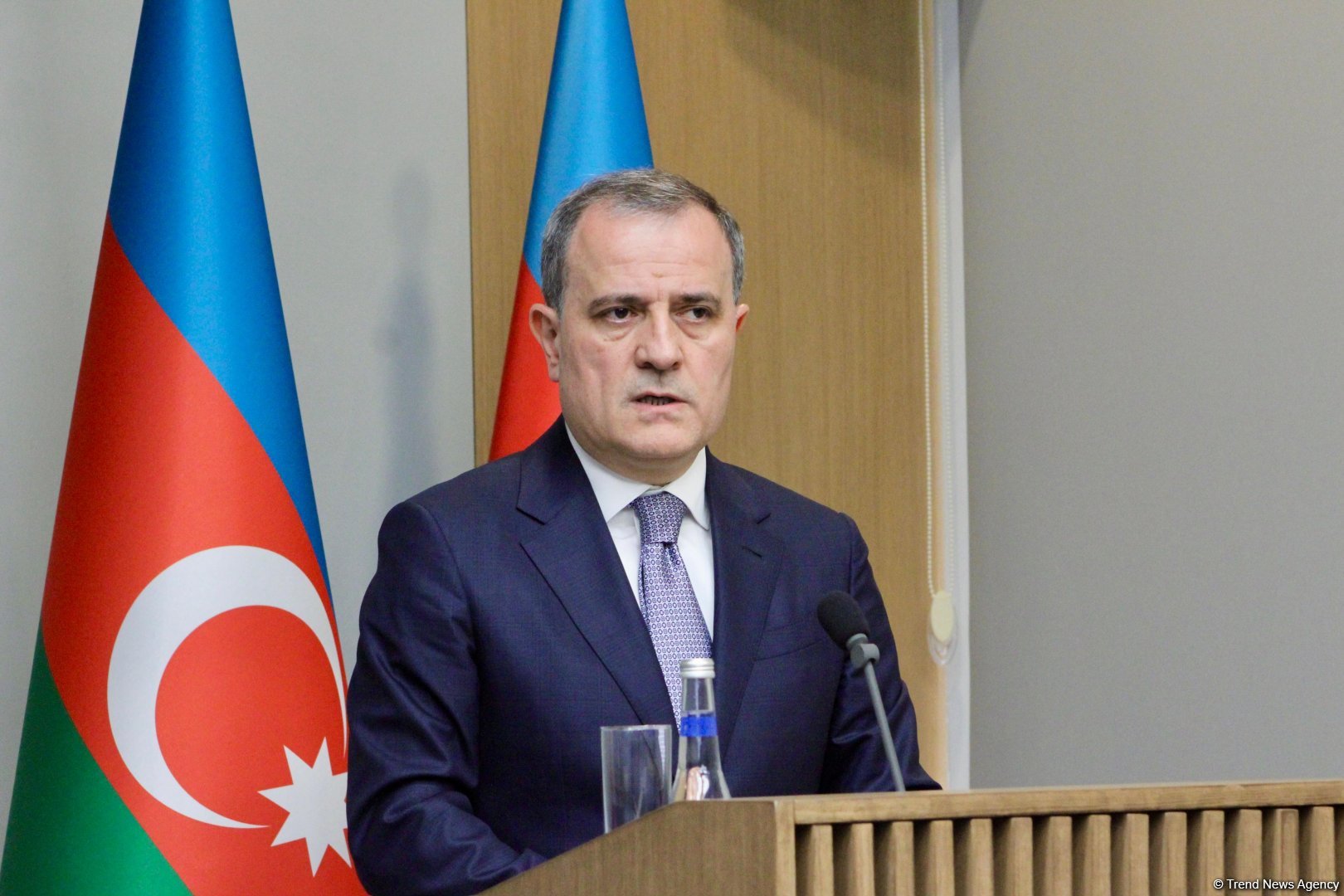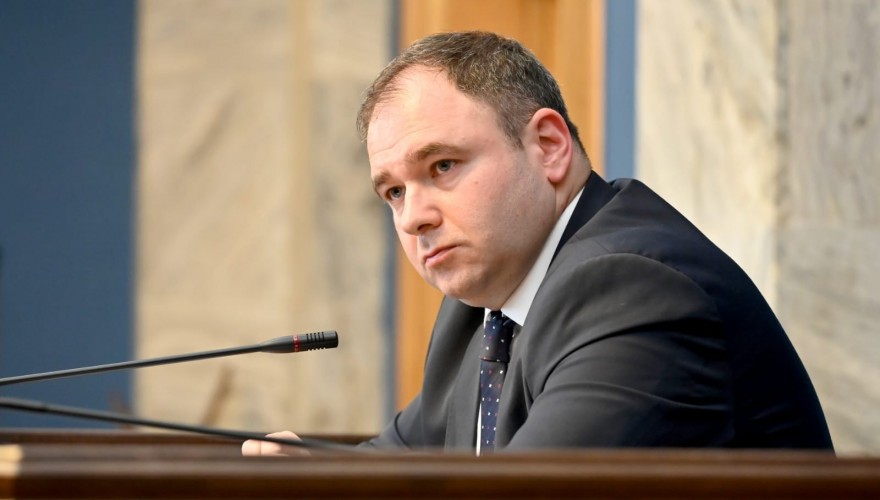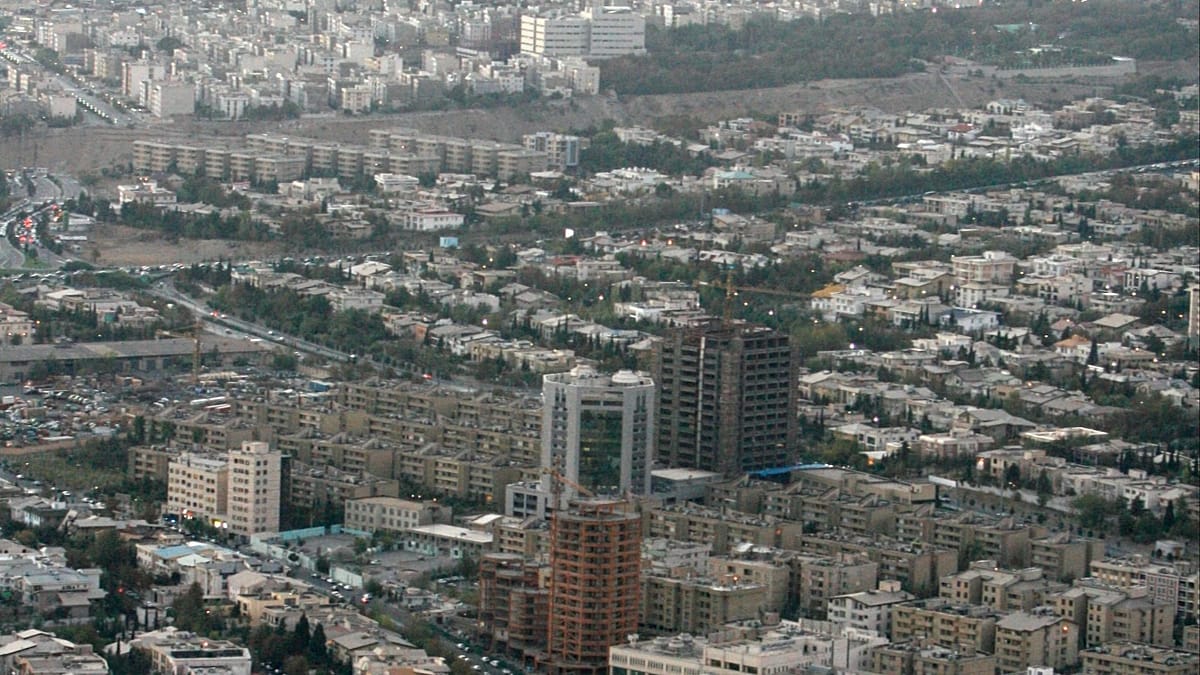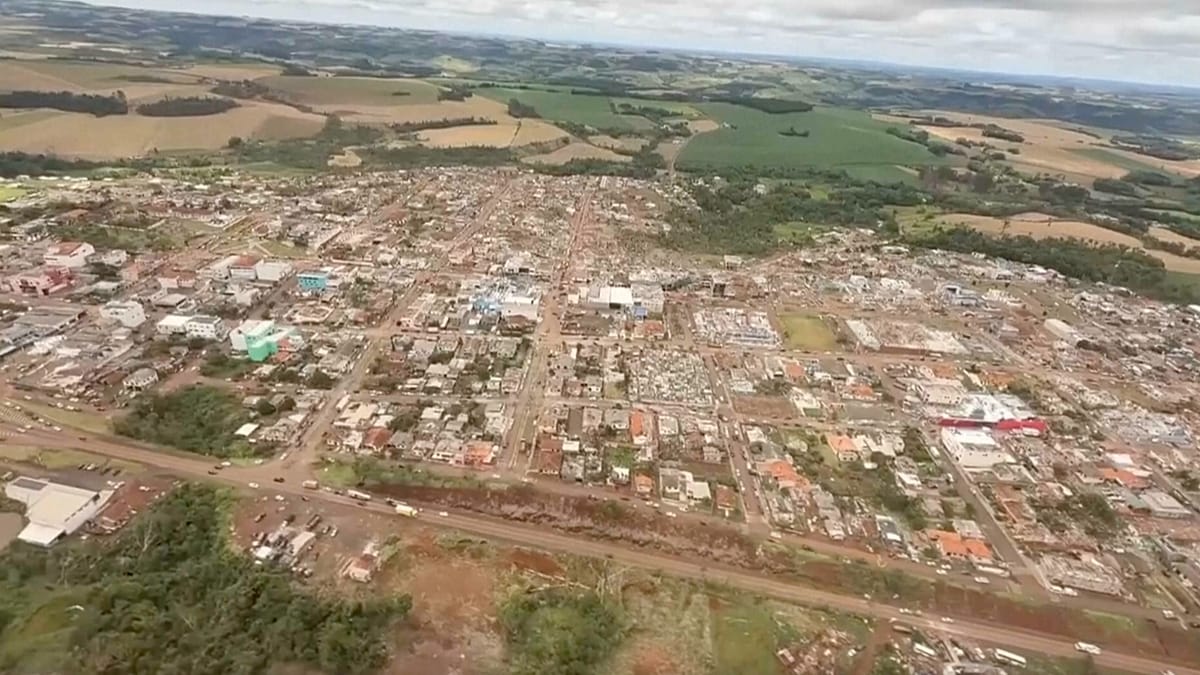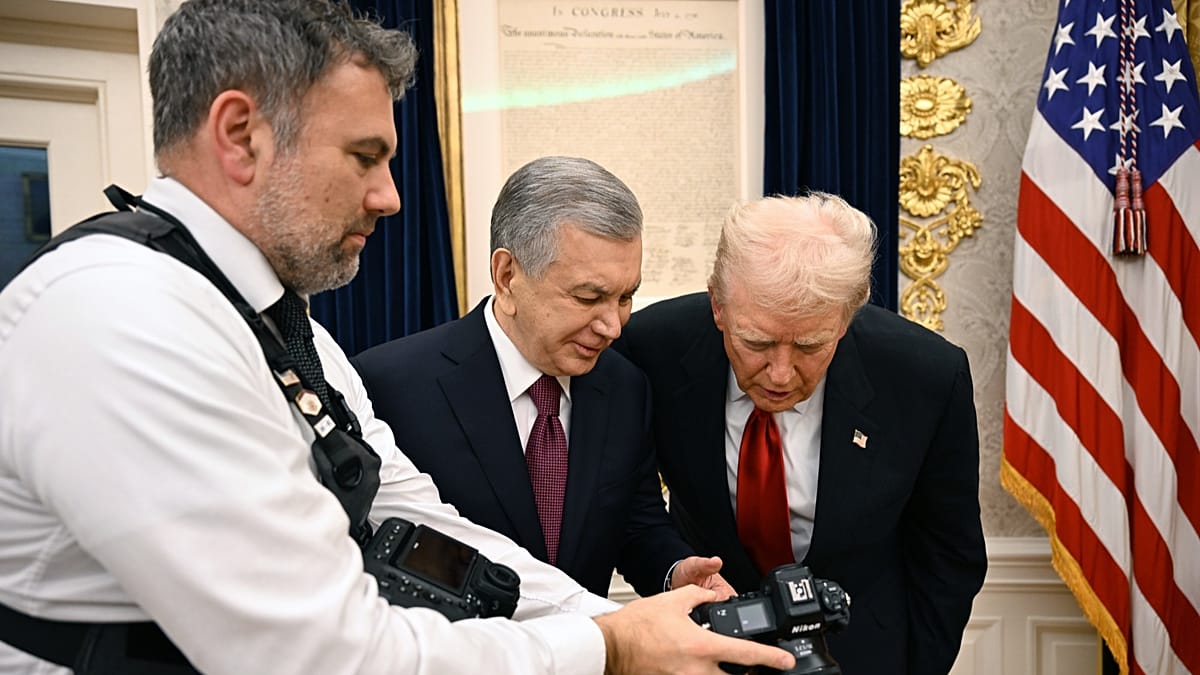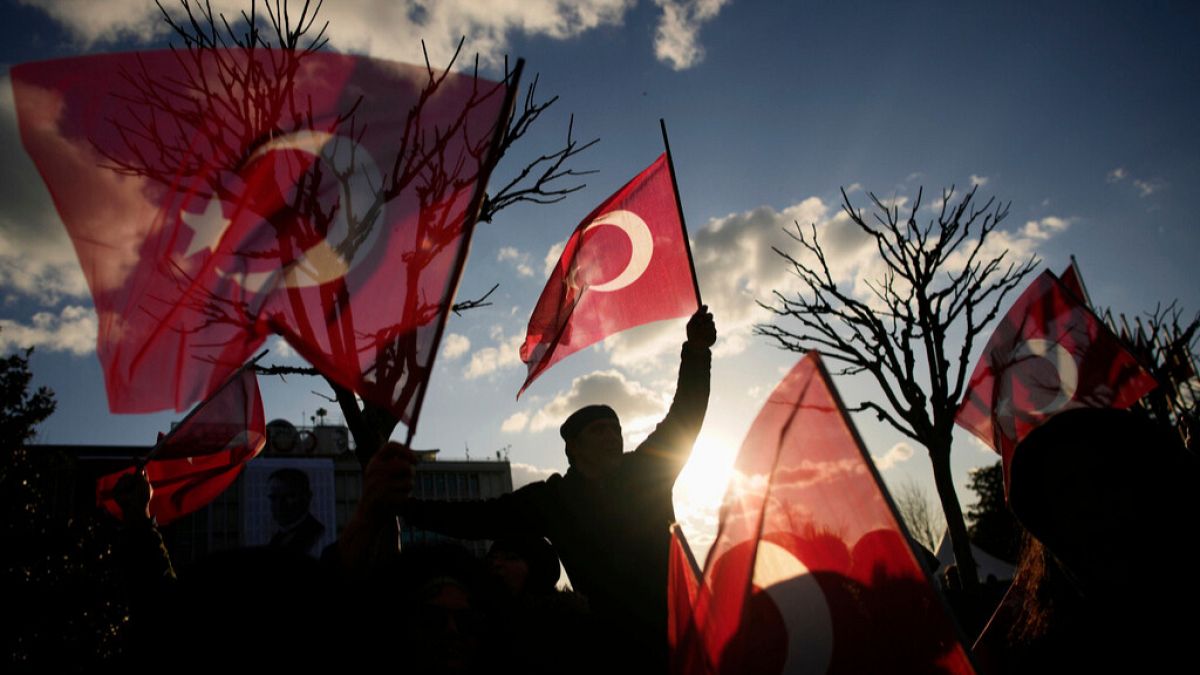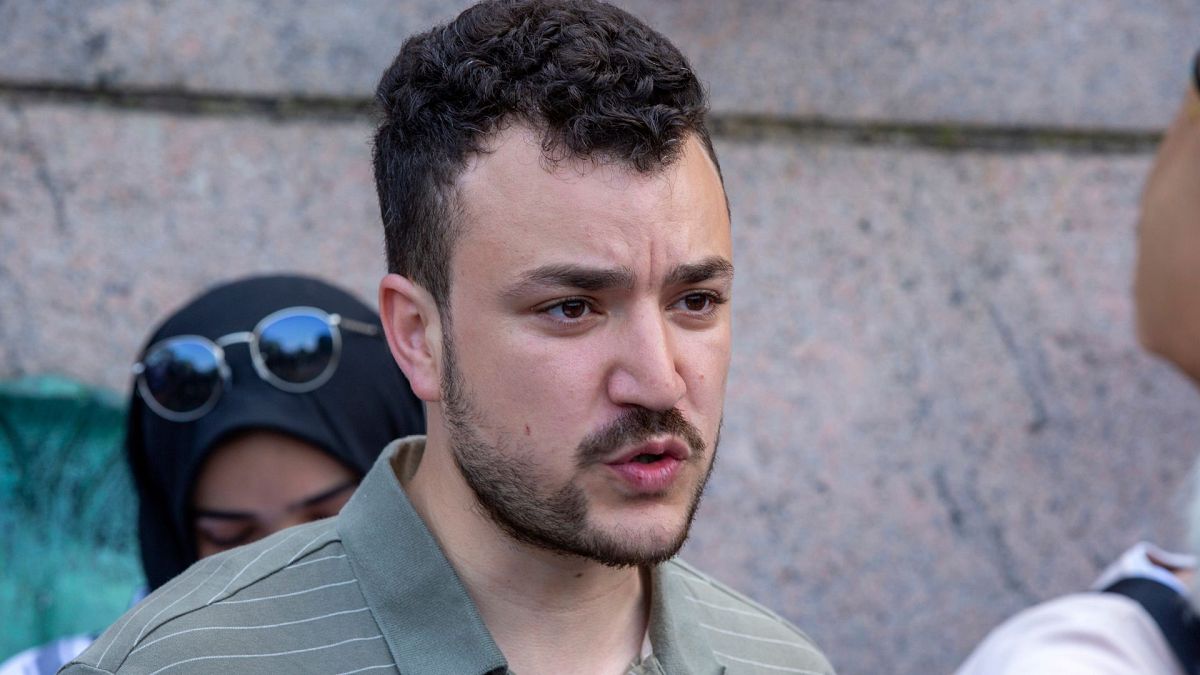Cohesion or cuts? EU faces tough choices ahead of long-term budget proposals

The European Commission will publish its long-term budget proposals next week, but political groups in the European Parliament and some member states are already pushing back as divisions emerge about how funds will be allocated across defence, climate action, social policy, and regional development.
Political wrangling in the Parliament over what will be included intensified as the Commission signalled it wants to simplify the budget. Commission President Ursula von der Leyen also faced a censure motion which, while about a different subject, brought to the fore recent tensions between centrist groupings in Parliament. The motion was comfortably defeated in a vote on Thursday.
What exactly is the Multiannual Financial Framework?
The EU’s Multiannual Financial Framework (MFF) is its long-term budget plan, setting out how much the EU can spend and what it will spend it on over a seven-year period. The current MFF runs from 2021 to 2027 and allocates over 1 trillion Euro to priorities like climate action, digital innovation, agriculture, research, and regional development. It provides financial stability and ensures that EU spending aligns with its broader goals. The MFF is proposed by the European Commission and approved by member states and the European Parliament.
When deciding on the MFF, the member states and the European Parliament are not equal. The adoption of the MFF requires unanimous agreement by the member states and the consent of the European Parliament. This is not a co-decision procedure where the Council and Parliament are equal.
Consent means that the European Parliament can either accept or reject the MFF proposal – which has been agreed by the member states – but it cannot amend it.
On top of member states’ contributions, the budget is funded by tariffs on imports and a portion of the valued-added tax (VAT) collected inside the bloc, but in the future more money could come from a carbon border tax – which is being phased in gradually – or via a possible digital services tax.
What could change in the next budget?
The European Commission floated the idea that in the next MFF for the period 2028-2034, each member state would draw up its own national plan for spending European funds, which would include cohesion and agricultural policies, two areas that account for around two-thirds of the budget.
This approach mirrors the one used to implement the post-pandemic recovery funds: each country would receive its own financial package, with the money disbursed once planned reforms and key milestones that had been approved by the EU were implemented.
The proposed changes would allow the Commission to hand cohesion funds directly to national governments, giving them more control over how the money is shared between regions. But critics warn this could widen existing inequalities within countries and weaken the role of local authorities in deciding how the money is spent.
14 member states, including Bulgaria, Croatia, Slovenia and the Czech Republic have opposed the Commission’s idea. Bulgarian authorities argue that regional disparities remain a major challenge and that cohesion funding must be maintained as a separate and robust mechanism aimed at supporting less-developed areas.
According to Slovenia’s Cohesion and Regional Development Minister Aleksander Jevšek, the 2028-2034 MFF should simplify programmes and funds with similar goals and no state or region should see their cohesion funds reduced suddenly or drastically. Simple and clear rules are also needed, he argues.
Miriam Lexmann, a Slovak MEP from the conservative European People’s Party (EPP), said that the Parliament’s priority would be to maintain the structure of the European funds as they were in the current period – a decentralised model of separate funds, with regions involved as much as possible in their management.
But not all countries are on the same page.
Sweden has been one of the most frugal states in the budget negotiations for many years – and will continue on that road. Both the government and most parts of the opposition are fighting for a small budget, where money is re-prioritised rather than added.
“We Swedes are always rather worried when it comes to the MFF. We will be constructive, but the EU needs to do what Sweden has been doing: prioritise among the expenses in order to move money and strengthen the areas where more money is needed,” Finance Minister Elisabeth Svantesson told reporters in Brussels on Tuesday.
For instance, Sweden believes that it is possible to move money from the cohesion funds.
“Some of the countries that have big cohesion funds in some regions are not as poor as they were 10 to 15 years ago. There is money that is not used which means that we can prioritise in a different way,” Svantesson said.
This is not the view of many within the European Parliament. The centrist group Renew demands a larger budget with more resources. This could include higher contributions from the 27 member states. The current amount of around 180 billion Euro per year is far too little, according to proponents of a larger EU budget. Especially since they, like the European Commission, believe that more budget should be reserved for defence and security.
In May, the Parliament passed a resolution calling for a bigger budget. “Defence spending cannot come at the expense of nor lead to a reduction in long-term investment in the economic, social and territorial cohesion of the union,” said the approved text.
The Socialists and Democrats (S&D) have also fought for the survival of the European Social Fund in the MFF. During a debate in the Parliament earlier this week, Dutch MEP Mohammed Chahim said if it was cut “what would remain is a Europe without a soul”.
On Wednesday night the group announced it had been successful in its efforts.
“Today the S&D Group achieved a major win for the people across Europe,” it wrote in a post on X. “The European Social Fund + (ESF+) will be included in the next Multiannual Financial Framework (MFF).”
Environmental groups and politicians have also expressed concern that some green programmes could see reduced funding as money becomes more limited as defence and security spending has become a political priority. The current MFF sees that at least 30 percent of overall spending is dedicated to climate action.
As the Commission prepares to unveil its proposal next week, the battle lines are already drawn. While some governments are calling for restraint and reprioritisation, others, along with many in the European Parliament, are demanding a larger, more ambitious budget to match the EU’s growing responsibilities. With competing national interests and priorities on the table, the next phase of negotiations over the MFF looks set to be as politically charged as ever.
This article is published twice a week. The content is based on news by agencies participating in the enr.
